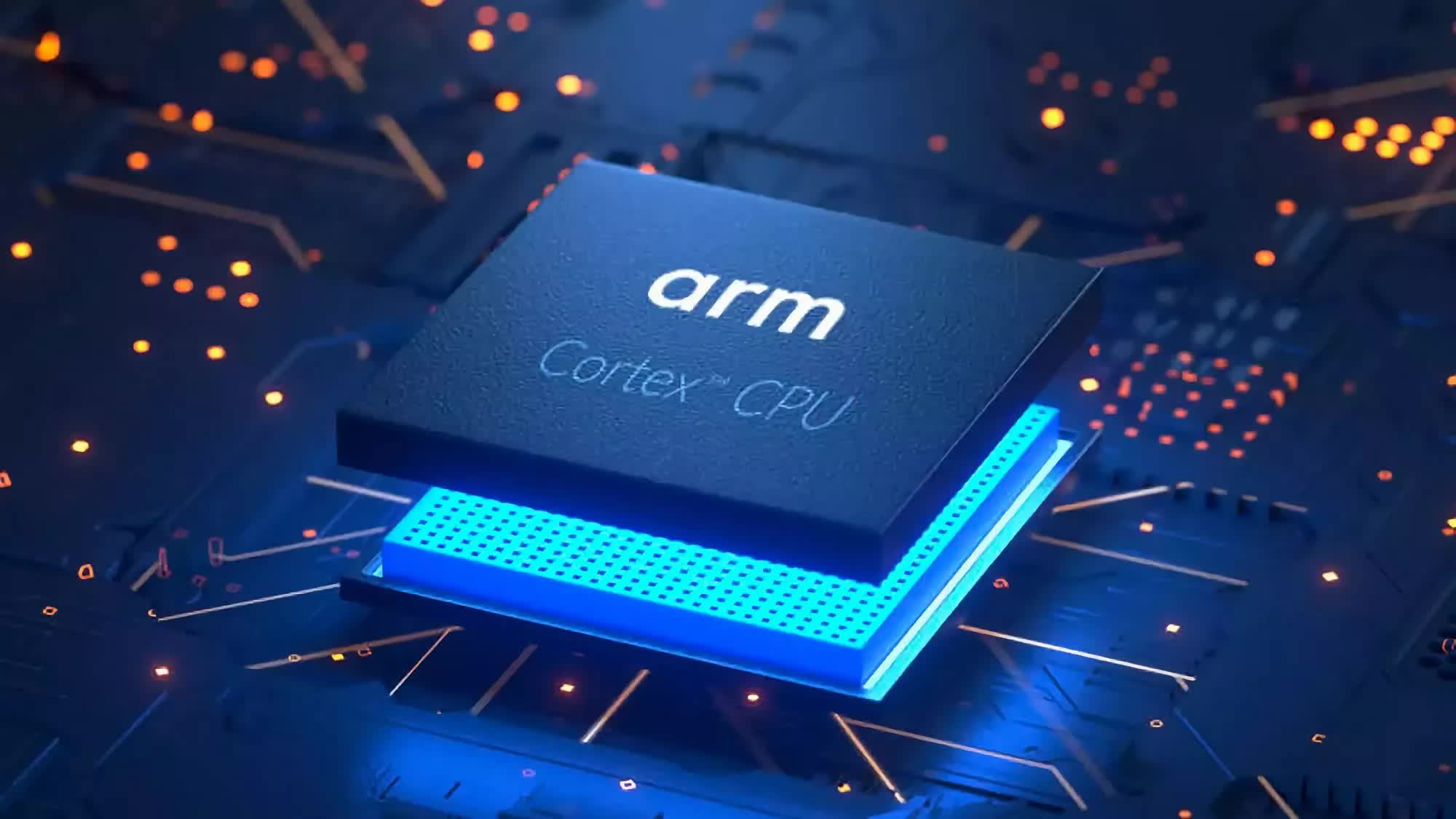The big picture: When you think of Arm's processor designs, power efficiency is likely one of the first attributes that come to mind. The British chip firm's RISC architecture has long been praised for its efficiency-focused approach, especially when compared to x86 chips from AMD and Intel. However, according to Arm's client business lead, Chris Bergey, that narrative is expected to shift a bit this year.

In a sit-down with PCWorld at CES, Bergey revealed that after achieving a lead in IPC (instructions per clock), Arm is now aggressively targeting higher operating frequencies. While some Arm products excel in IPC, their lower clock speeds compared to rivals have held back overall performance.
Another major priority is optimizing Arm's CPU and GPU designs for AI acceleration. For CPUs, this involves adding new instruction set capabilities beyond Neon, Scalable Vector Extensions (SVEs), and SVE2 to better handle AI workloads.
Arm's GPU business is also being enhanced with an AI/ML focus. Bergey highlighted techniques like rendering at lower resolutions and then using AI to upscale to higher quality, similar to Nvidia's DLSS. This approach allows for better visuals with less GPU power required.

He provided an example of a mobile device rendering natively at 1080p 60Hz or using AI to interpolate from a 540p 30Hz rendering to improve efficiency. He added that the company aims to "be a leader" in enabling total processing on GPUs within a mobile environment.
These AI-accelerated CPU and GPU advancements could be integrated into Arm's next-generation "Arm CSS for Client" compute platform, set to debut in 2025.
However, pursuing higher operating frequencies and AI acceleration are not Arm's only ambitions. The company is also focusing on optimizing CPU designs to achieve maximum clock speeds on the latest semiconductor process nodes.
As Bergey explained, Arm plans to provide "that recipe for some of the latest [manufacturing] nodes" to help vendors "maximize that frequency and get to a four-gigahertz design."
Regarding the ongoing legal dispute between Arm and Qualcomm, the saga appears far from resolved. Bergey noted that despite a recent court ruling, significant issues remain "unresolved" between the two companies. The future of the case remains uncertain and will require further negotiation.
Arm aims to challenge x86 dominance with faster CPUs and AI-enhanced GPUs